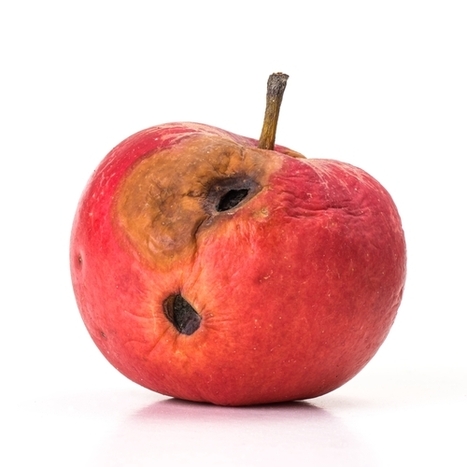

|
Scooped by Robin Good |
44% of Links Go Lost: To Preserve Valuable Content Online Will Become a Prime Need

According to this PDF report from the Chesapeak Digital Preservation Group, 44% of links go rotten.
(The Chesapeak group is comprised of four member libraries, the Georgetown Law and Harvard Law School Libraries, and the State Law Libraries of Maryland and Virginia.)
The study highlights not only how bad and real the issue is, but how rapidly it is worsening.
Here a few newsworthy highlights:
a) Link rot has increased from 8.3 to 44.3% in six years.
b) In 2013 government originated documents showed the largest percentage of linkrot.
c) More than 50 percent of the materials posted to government domains disappeared from the original documented web addresses.
N.B.: There is a high value in preserving non-trivial content in ways that allow reliable access for indefinite time at a permanent online address. (In theory search engines could provide this as an additional (and optionally paid) service to final users who request it, as this is part of what they already do by default.
Informative. 8/10
Full original PDF report: http://cdm16064.contentdm.oclc.org/ui/custom/default/collection/default/resources/custompages/reportsandpublications/2013LinkRotReport.pdf (8 pages)
(Image credit: Rotten apple by Shutterstock)



 Your new post is loading...
Your new post is loading...












Scoop del maestro Robin Good en el que se evidencia la necesidad de preservar el contenido online, especialmente en el caso de información institucional y gubernamental que es la que tiene mayor índice de desaparición.